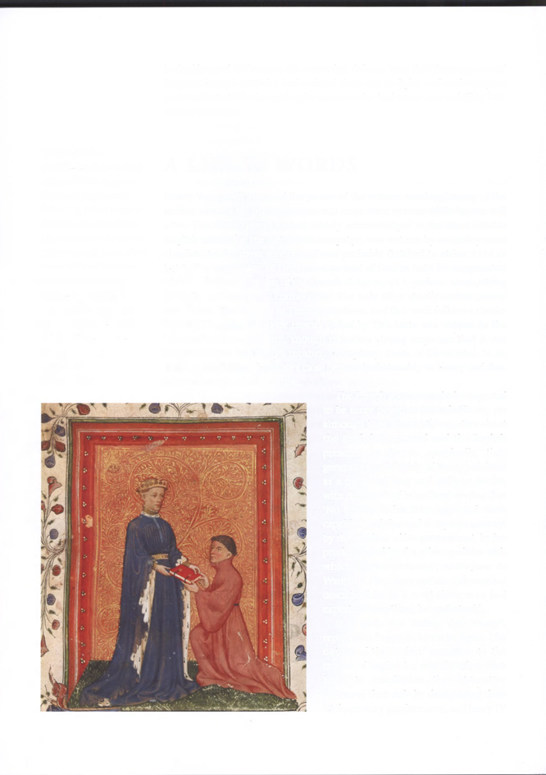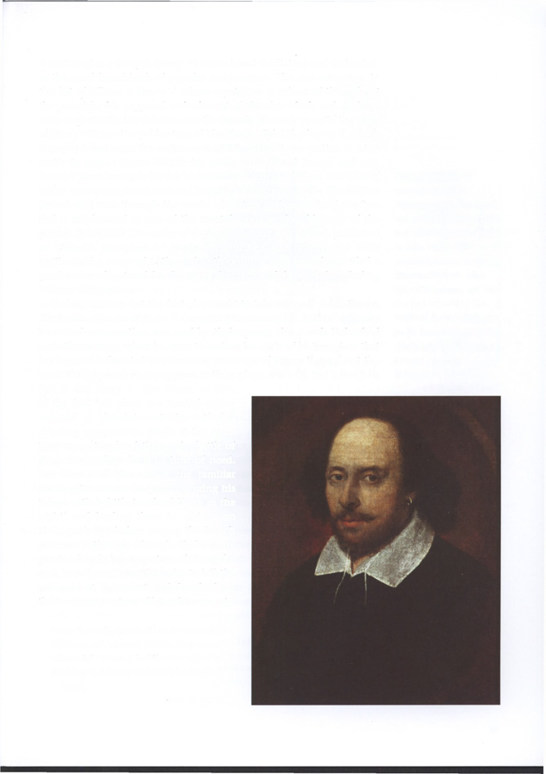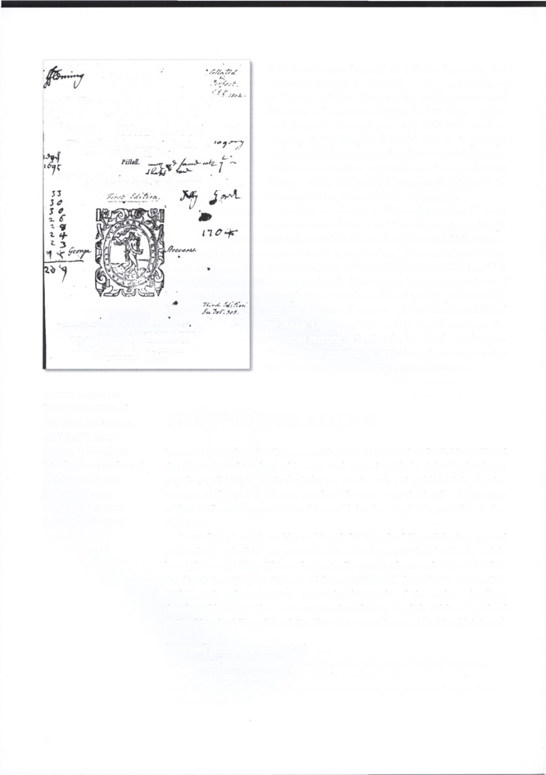Henry V: The Background, Strategies, Tactics and Battlefield Experiences of the Greatest Commanders of History Paperback (20 page)
Authors: Marcus Cowper
Tags: #Military History - Medieval


estates, negotiating with the son of Henry Hotspur for his return from
Scotland and appointing Lord Mowbray to his hereditary title of Earl Marshal.
Although conciliatory at times, he could also be vindictive, with Henry, Lord
Scrope, being executed in disgrace for a flimsy involvement in the
Southampton Plot while Henry Beaufort's appointment as Cardinal and papal
legate in 1417 saw him lose Henry's favour until he had refused the honours
and offered Henry some £22,000 in loans.
Henry also made concrete efforts to improve the law-and-order situation
throughout his kingdom, instigating special commissions of the King's Bench
in an effort to put down disorder in Staffordshire and Shropshire, and he was
not afraid to fine one of his most important supporters, Thomas, Earl of
Arundel, in the process. There is some evidence that the relatively peaceful
state of England during his reign, so unusual in the 15th century, began
to break down during the latter years of his reign while he was absent in
France. In France itself he issued famous ordinances regulating the behaviour
of his men prior to his campaigns in both 1415 and 1417, famously hanging
one of his army for stealing a pyx from a church on the march from Harfleur
to Agincourt.
However, though all sides agreed that Henry could exercise mercy as
befitted a Christian king of the period, he was also ruthless in his campaigning
and capable of acts of brutality. The slaughter of the prisoners in the confused
situation towards the end of the battle of Agincourt may not in the medieval
context have been what we today would term a 'war crime', and it may
certainly have been militarily justifiable at the time, but it certainly did not
fit the ideal of a Christian king. Following the siege of Meaux he had a
trumpeter who had insulted him executed, while at the earlier siege of Melun
Reims Cathedral, the
traditional site for the
coronation of kings of
France. Although John,
Duke of Bedford, had
hoped to have the young
Henry VI crowned here,
the Dauphin and Joan
of Arc beat him to it,
entering Reims on
16 July 1429 and he was
crowned Charles VII, king
of France, on the 17th.
(Author's collection)
59


he had hanged 20 Scots on the somewhat dubious basis that their imprisoned
king (in Henry's custody) had ordered them not to fight, and at the siege of
Louviers in 1418 he hanged eight gunners who had come near to killing him
during the siege.
Thomas Hoccleve
(c.1368-1426) presenting
A L I F E I N W O R D S
a copy of his
De Regimine
Prindpum (Regiment of
Henry V was well aware of the power of the written word and many of the
Princes)
to Prince Henry in
earliest sources for his campaigns and reign were written while he was still
around 1413. Even before
alive. The
Gesta Henrici Quinti,
widely acknowledged as the most reliable
his accession to the throne
English source for the Agincourt campaign, was written by an anonymous
Henry was well aware of the
chaplain in the royal service and was probably finished in either 1416 or
power of the written word
1417. The impression of Henry as a servant of God in both his suppression
and would always seek to
of the Lollards and defeat of the French at Agincourt is perhaps unsurprising
win the propaganda war.
given the author's royal connections. The only other strictly contemporary
This illumination is from a
work is the
Liber Metricus
of Thomas Elmham, and this work follows a similar
manuscript (Ms. Arundel
line to the
Gesta.
The
Vita Henrici Quinti
by Tito Livio was written in the
38, fol. 37) held in the
1430s after Henry's death, though there is a strong suspicion that it was
British Library, London,
commissioned by Henry's brother, Humphrey, Duke of Gloucester, in an
(akg-images/
effort to emphasize the Duke's close personal relationship to Henry and thus
British Library)
advance his political position.
The French sources might be expected
to be more negative towards Henry, yet
although they are mostly negative about
the English in general and the English
presence in France specifically, they
generally speak highly of Henry's abilities
as a medieval king and military leader,
with the monk of Saint-Denis stating that
'No prince in his time appeared more
capable to subdue and conquer a country,
by the wisdom of his government, by his
prudence and by the other qualities with
which he was endowed', while Jean de
Waurin, the Burgundian chronicler,
describes him as 'a most clever man and
expert in everything he undertook'.
It is with the Tudors that Henry's
reputation began to be set in stone. The
nature of the Tudors' accession to the
throne of England meant that they were
keen to emphasize the restorative
nature of their rule by denigrating their
15th-century predecessors, so Henry IV
60


is portrayed as a usurper, Henry VI as weak and vacillating and Richard III
as the cruel hunchback of popular imagination. The one exception to
this list of villains is Henry V, whose reputation is enhanced throughout
the period for his supposed embodiment of chivalric ideals and, perhaps
more importantly, his victories over the French. The early years of the reign
of Henry VIII saw the publication of
The First English Life of Henry V,
which
is largely based upon the earlier work of Tito Livio. It was written in 1513
partly to inspire Henry VIII in his campaigns against France and uses
Henry V as an example for the 16th-century Henry to follow. This idea of This portrait (oil on
Henry as an exemplar of medieval kingship carried on into the Elizabethan canvas) of William
period, and runs through the works of writers such as Richard Grafton Shakespeare (1564-1616)
and is emphasized in one of the most famous works of history of the was painted between 1600
period,
Holinshed's Chronicles of England, Scotland and Ireland,
published and 1610 and is attributed in 1586-87. Compiled by Raphael Holinshed and others, this work to John Taylor. It is
synthesized a range of 15th- and 16th-century sources and provided a popularly known as the
good source of material for the many dramatists of the period, including Chandos Portrait, after
William Shakespeare.
one of its owners, and was
Shakespeare was not the first playwright to take Henry V as his theme. the first bequest to the
The Famous Victories of Henry V: Containing the Honourable Battle of Agincourt
National Portrait Gallery by an unknown author was used by Shakespeare, along with Holinshed on its foundation in 1856.
and other sources, when he came to writing his cycle of history plays that (National Portrait Gallery, has been so influential in preserving an image of Henry throughout the London, UK/The
years. Shakespeare's Henry appears in three plays:
Henry IV, Parti, Henry IV,
Bridgeman Art Library)
Part II
and
Henry V
. The Henry, or Hal,
of the first two plays is a wastrel prince
engaged in dissolute activity with his
drinking companions, while at the same
time supporting his father at the battle of
Shrewsbury when he is in time of need.
The Henry of
Henry V
is the familiar
charismatic warrior king, encouraging his
troops with 'a little touch of Harry in the
night' and leading them to victory on
St Crispin's Day before wooing the French
princess Katherine. Though Shakespeare
paints a largely heroic picture of Henry, he
does have him giving the order to kill the
prisoners at Agincourt and foreshadows
the temporary nature of his achievements:
Henry the Sixth, in infant bands crowned King
Of France and England, did this king succeed.
Whose state so many had the managing,
That they lost France and made his England
bleed,
Henry V,
Ep. 9-12
61
